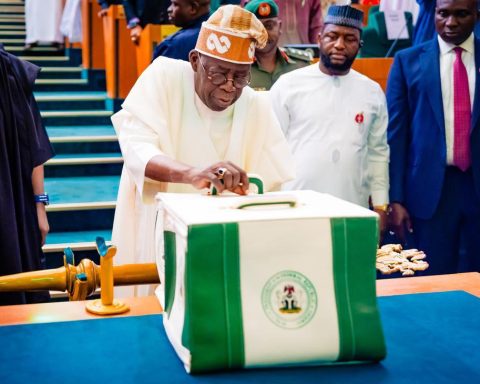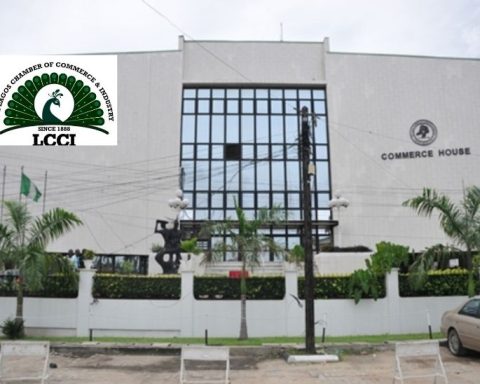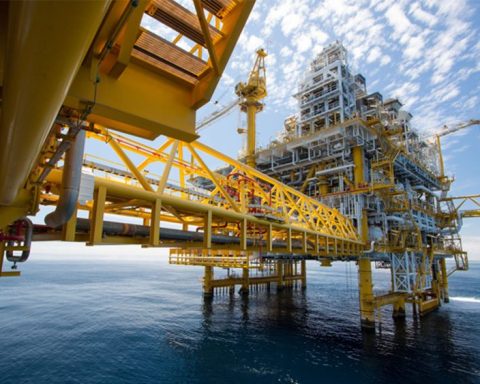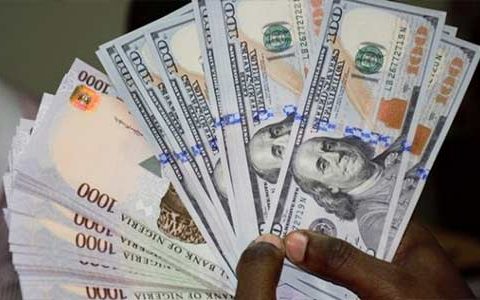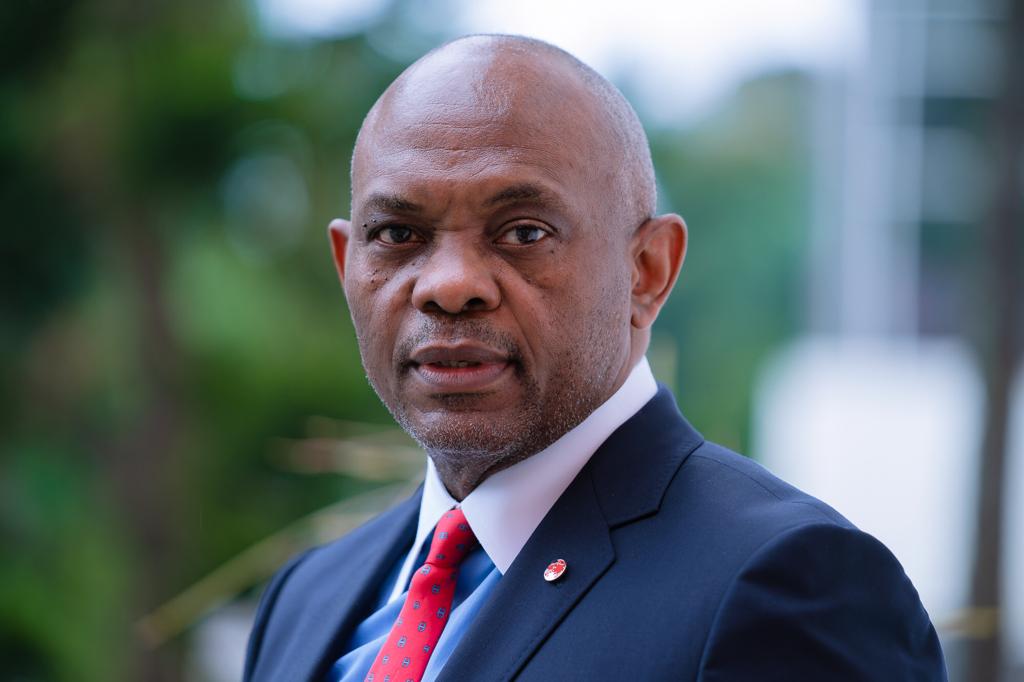Following the persistent decline in the prices of crude oil on the international market, the Lagos Chamber of Commerce and Industry (LCCI) has called for a review of the oil price benchmark in Nigeria’s 2025 national budget.
The 2025 budget contains an estimate of $75 per barrel as the benchmark price and 2.06 million barrels of crude oil production per day.
Join our WhatsApp ChannelHowever, for a better part of the year, oil prices have remained lower than the benchmark price. This is even as the country has also not been able to hit the 2 million barrels per day target in the budget, raising concerns about fiscal sustainability.
In its third quarter address on the state of the economy, LCCI said crude oil price has largely been below $70 in recent months, hence the need for a review of the budget.
LCCI President, Mr Michael Idahosa, said the low price may persist given the current geopolitics and tariff wars.
“With crude oil price largely below USD70 in recent months and even in July, we advise reviewing the 2025 Federal Budget oil benchmark at USD75 as the low price may persist further, looking at current geopolitics and tariff wars,” Idahosa stated.
He said this means the authorities must recalibrate fiscal variables to manage expenditure, since revenue targets may not be achieved.
- READ ALSO:
- Concerns For Nigeria’s Oil Market As Over 60 Million Barrels Remain Unsold
- Crude Oil Price Drop Below $60 Heightens Concerns For Weaker Naira, Wider Budget Deficit
- NUPRC’s New Guidelines On Crude Exports Tackle Oil Theft, Boost Revenue Generation
The Chamber expressed concerns about Nigeria’s increasing public debt, noting that it is primarily driven by new borrowings by the Federal Government and the depreciation of the naira, which has inflated the local currency value of the country’s external loans.
According to the Debt Management Office (DMO), Nigeria’s total public debt stood at ₦149.39 trillion as of 31 March 2025. This reflects a year-on-year increase of ₦27.72 trillion or 22.8 per cent, compared to ₦121.67 trillion recorded in the same period in 2024. On a quarter-on-quarter basis, the figure represents an increase of ₦4.72 trillion or 3.3 per cent, up from ₦144.67 trillion in December 2024.
External debt rose to ₦70.63 trillion ($45.98 billion), marking a year-on-year increase of ₦14.61 trillion or 26.1 per cent, while domestic debt reached ₦78.76 trillion ($51.26 billion), indicating a 20 per cent increase from the ₦65.65 trillion recorded in Q1 2024.
While expressing concerns about the sustainability of the rising debt, LCCI urged the Federal Government to explore initiatives for revenue diversification, improved spending efficiency, and better debt management strategies to reduce fiscal pressure and restore macroeconomic stability.
Commenting on the tax laws signed by the president recently, the Chamber said they aim to enhance revenue generation, simplify compliance, promote investment, and align Nigeria’s tax regime with global standards.
The chamber commended tax reform, saying it is “a strategic step towards building a more transparent, inclusive, and investment-friendly tax environment” and called on all business stakeholders to align with the new changes ahead of the expected implementation in January 2026.
Victor Ezeja is a passionate journalist with seven years of experience writing on economy, politics and energy. He holds a Master's degree in Mass Communication.



